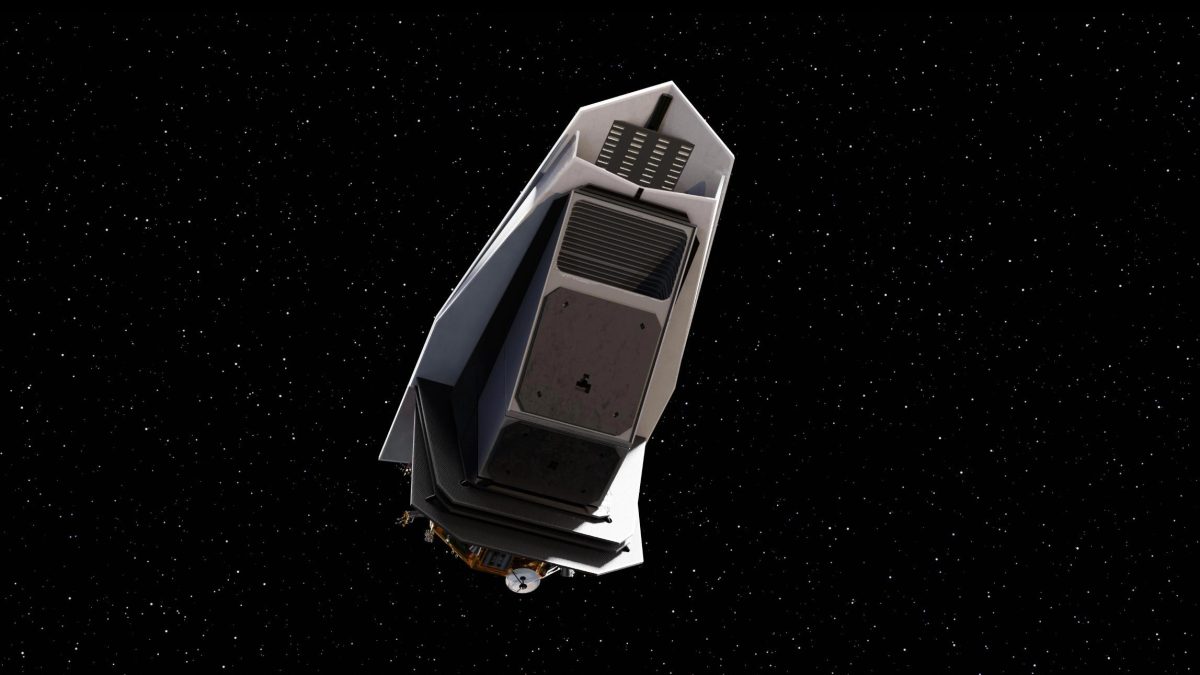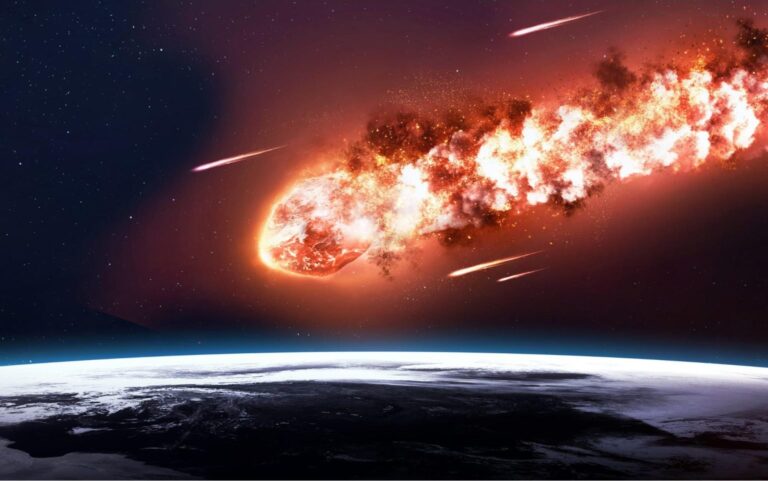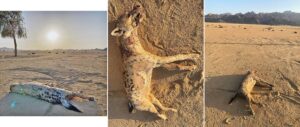Asteroids, often called “space rocks,” have roamed the solar system for billions of years, occasionally posing a threat to Earth. While most are harmless, history has shown that even a single asteroid can have catastrophic consequences.
Take, for instance, the asteroid that wiped out the dinosaurs 66 million years ago. In modern times, events like the Chelyabinsk meteor explosion in 2013 remind us of the potential dangers lurking in space. To protect Earth from such threats, NASA has initiated the groundbreaking NEO (Near-Earth Object) Surveyor mission, an advanced space telescope designed to identify and monitor asteroids that might collide with our planet.
The NEO Surveyor represents a significant leap forward in planetary defense technology. Unlike traditional telescopes, this infrared space telescope is specially designed to detect asteroids that are hidden in the sun’s glare or too faint for optical observation.
One of its key goals is to locate 90% of potentially hazardous asteroids larger than 140 meters in diameter—objects large enough to destroy entire cities or regions. For comparison, the asteroid that caused the Tunguska event in Siberia in 1908, flattening 2,000 square kilometers of forest, was estimated to be only 50–60 meters in diameter.
What sets the NEO Surveyor apart is its ability to detect threats early. Early detection means more time to plan and respond, whether through asteroid deflection techniques or evacuation measures. NASA has already tested asteroid redirection technology, as seen in the successful DART (Double Asteroid Redirection Test) mission in 2022.
The data from the NEO Surveyor will complement such efforts, ensuring that humanity is equipped to handle potential impacts.This mission is not just about science; it’s about survival.
Asteroid impacts may seem rare, but the risks are real. With the NEO Surveyor, NASA is ensuring a safer future, demonstrating humanity’s ability to rise above challenges and protect its home.

















+ There are no comments
Add yours